As Ho Chi Minh City officially operates a two-tier government, the city's tourism industry is shifting from recovery to accelerated development.
Along with that, localities and the tourism-travel business community proactively reposition products, expand geographical corridors to promote regional connectivity, sustainable development, and focus on people and tourists.
Diversify products into new geographic areas
According to the Ho Chi Minh City Department of Tourism, state management of tourism assessment and licensing is being implemented to expand the scope of attracting tourists in the new context.
There are currently 3,146 tourist accommodation establishments in the area, of which 134 hotels have been rated from 1 to 5 stars; the total number of licensed tour guides is 9,237 (including 5,789 international guides, 3,372 domestic guides and 76 on-site guides).
In addition, there are 1,709 enterprises qualified to operate tourism, including 1,223 international travel enterprises, 391 domestic travel enterprises, 76 travel agents and 19 foreign representative offices.
In the first 6 months of 2025, Ho Chi Minh City welcomed over 3.85 million international visitors, an increase of 44% over the same period in 2024, reaching 45.4% of the annual plan. Domestic tourists reached over 18.3 million, an increase of 7% over the same period and reaching 40.7% of the 2025 plan. Total revenue from tourism in the area reached VND 117,937 billion, an increase of 27.3% over the same period last year, equivalent to 45.4% of the annual target.
Director of Ho Chi Minh City Department of Tourism Nguyen Thi Anh Hoa informed that up to now, the city is not only a prominent destination for urban, MICE, cultural - culinary tourism, but also possesses the potential to develop sea tourism, high-end resorts, spiritual tourism (in the old Ba Ria-Vung Tau area), as well as industrial, craft village, and ecological tourism (old Binh Duong area). These advantages are contributing to enriching the city's tourism products, opening up opportunities to build linked tours with unique experiences in the Southeast region.
"In the new context, Ho Chi Minh City's tourism industry has identified the top priority task as perfecting the organizational structure, integrating data systems, and creating convenience for businesses and tourists. At the same time, researching and developing new tourism products, aiming to reposition the city's tourism brand," Ms. Nguyen Thi Anh Hoa emphasized.
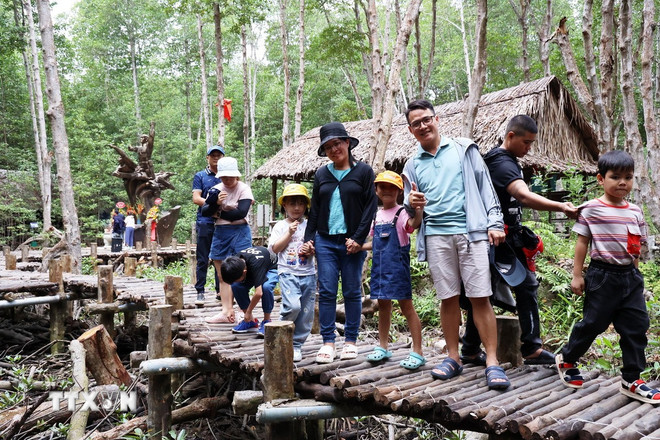
Many experts say that the city currently has advantages in expanding destinations as well as favorable infrastructure conditions. For example, when the first phase of Long Thanh International Airport comes into operation, passenger transport time will be shortened, helping international tourists directly access coastal resorts and ecological destinations without having to go through the city center. Strategic expressways such as Ho Chi Minh City-Thu Dau Mot-Chon Thanh, Ho Chi Minh City-Long Thanh-Dau Giay, Ben Luc-Long Thanh... will create conditions for the tourism and travel business community to expand tours and build new products to serve domestic and foreign tourists.
Leading the international market, activating a series of unique summer experiences
According to an analysis report by the travel platform Agoda, Ho Chi Minh City is the top choice for Chinese tourists and is among the top 5 favorite destinations for Korean tourists. The combination of traditional and modern culture, along with the advantage of a large urban area, has helped the city maintain its position on the international tourism map.
A recent market survey report by Savills Vietnam shows that global tourism continues to recover strongly as the travel demand of people around the world increases. Vietnam's tourism industry has also recorded a positive recovery, which is considered to be the result of many factors such as visa relaxation policies, effective marketing strategies from local authorities and proactive businesses.
International tourists are returning to familiar destinations in Vietnam thanks to increasingly improved infrastructure, accommodation facilities and direct flight networks. This is considered an important turning point, reflecting the increasing competitiveness of Vietnamese tourism on the international tourism map, including Ho Chi Minh City.
From a business perspective, Ms. Tran Thi Bao Thu, Marketing and Communications Director of Vietluxtour Travel Joint Stock Company, said that the company had adjusted its business plan early in the third quarter of 2025 to exploit new markets.
In the coming time, Vietluxtour will launch a new set of Vietnam tourism products, both unique in terms of routes and reflecting cultural and historical imprints in the new era of development. The company expects that with its quick adaptation to changes in two-level government, administrative geography and market orientation, it will achieve revenue and visitor growth in the last two quarters of 2025 of about 30% compared to the same period last year.
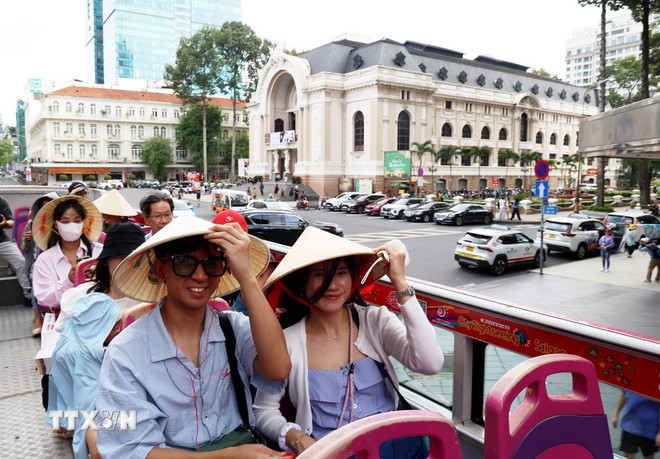
Accompanying the business community, the Ho Chi Minh City tourism industry has officially launched a series of activities to stimulate demand and introduce new tourism products, clearly demonstrating the development orientation associated with local culture and the application of creative technology. In particular, visitors to the City will experience the summer culinary tour series "Find your flavor - Journey to discover the culinary identity of Saigon-Ho Chi Minh City," and the multi-sensory art program "Shining Essence" to honor the City's 50 years of culture.
Dr. Duong Duc Minh, Deputy Director of the Ho Chi Minh City Institute for Economic and Tourism Development Research, said that the city converges many layers of experience - from smart urban, industrial to cultural-spiritual, sea and island and ecological. With abundant potential, the city has many opportunities to develop new tourism products, short-term tours associated with modern transportation and infrastructure systems.
Dr. Duong Duc Minh also proposed to study and build a model of a three-tiered tourism route, including: Cultural-heritage layer; Creative-cultural-industrial layer; and Ecological-island resort layer. The city can also learn from the experiences of metropolitan models around the world, not following the closed "point-route-tour" path but moving towards an open integrated model, in which areas do not compete but support and resonate for mutual development..../.
Source: https://www.vietnamplus.vn/du-lich-thanh-pho-ho-chi-minh-chuyen-tu-phuc-hoi-sang-tang-toc-phat-trien-post1048722.vnp


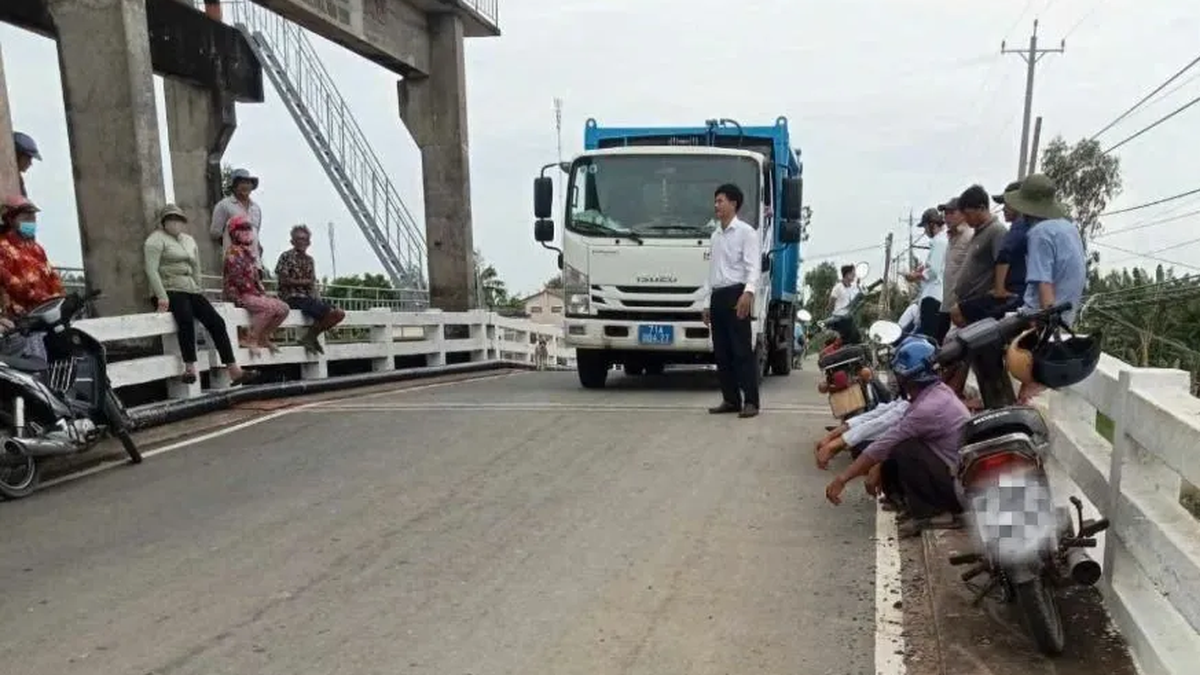
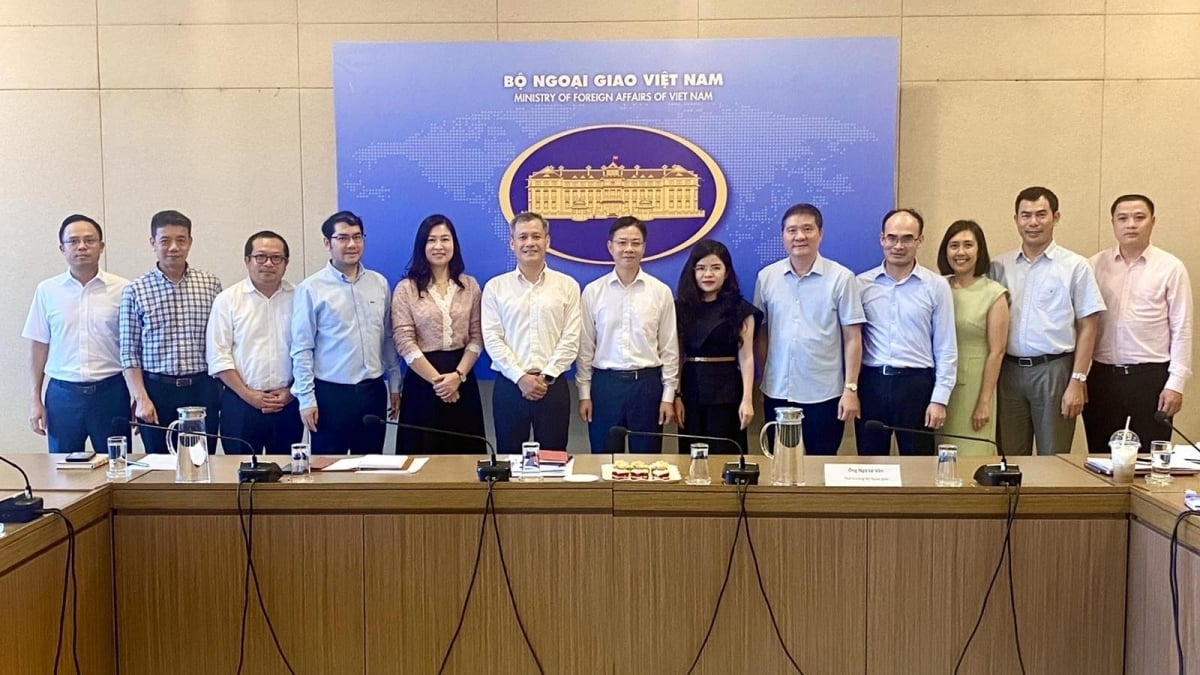
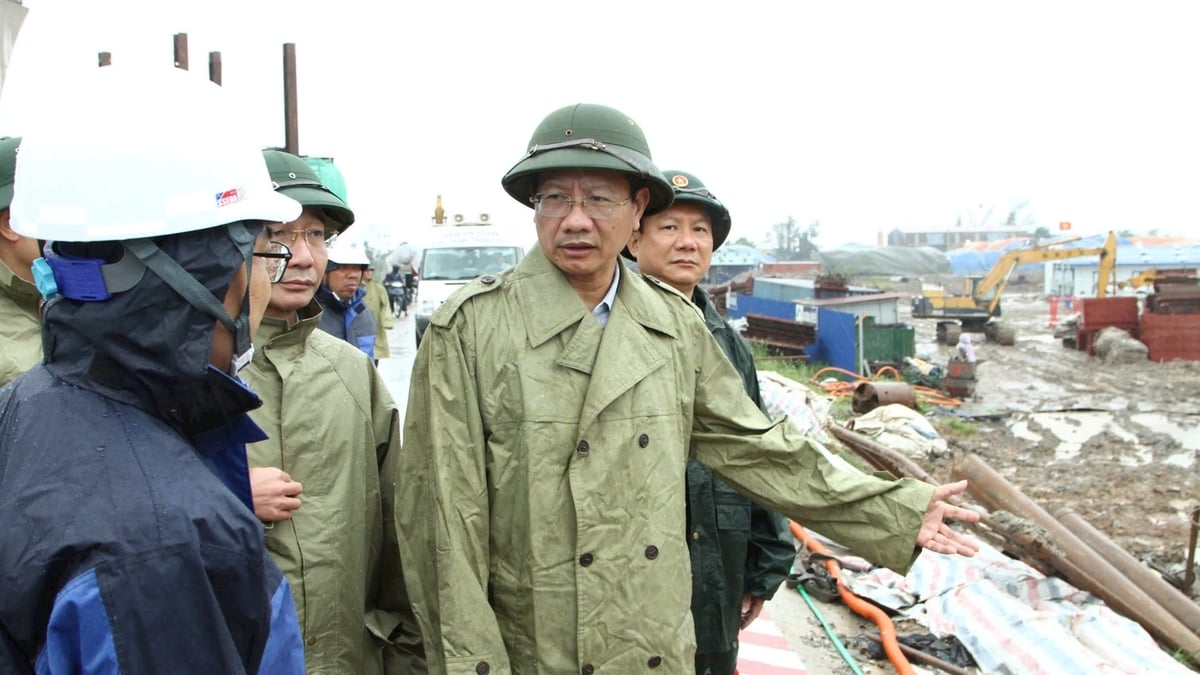
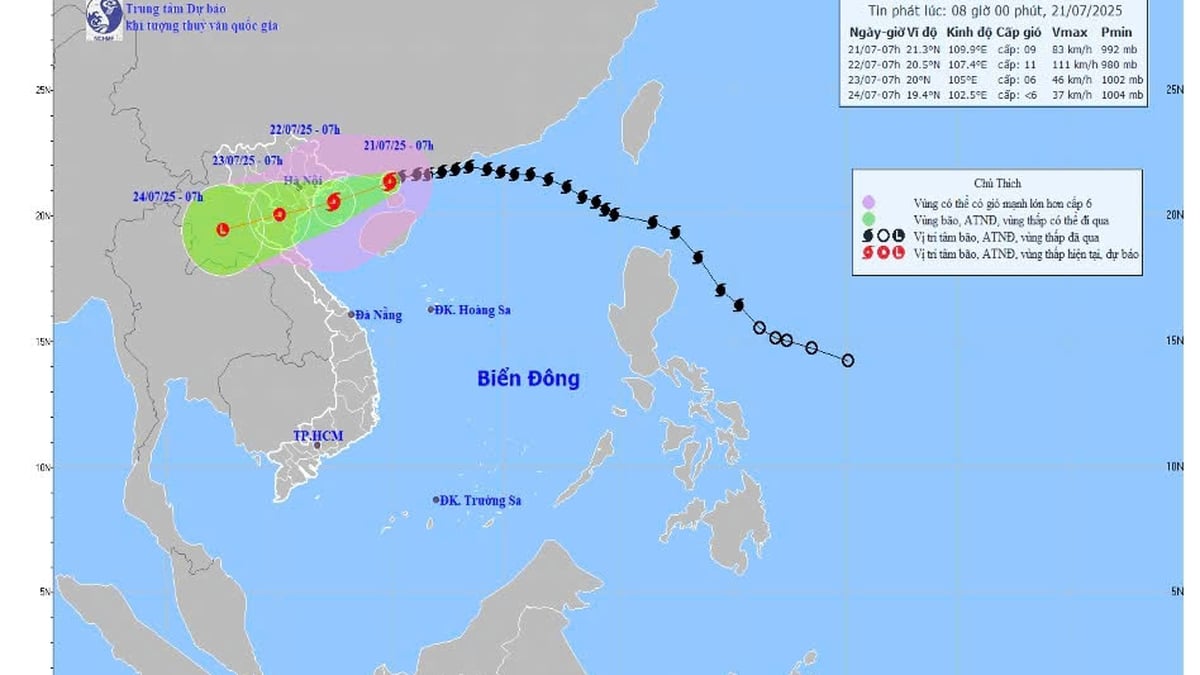

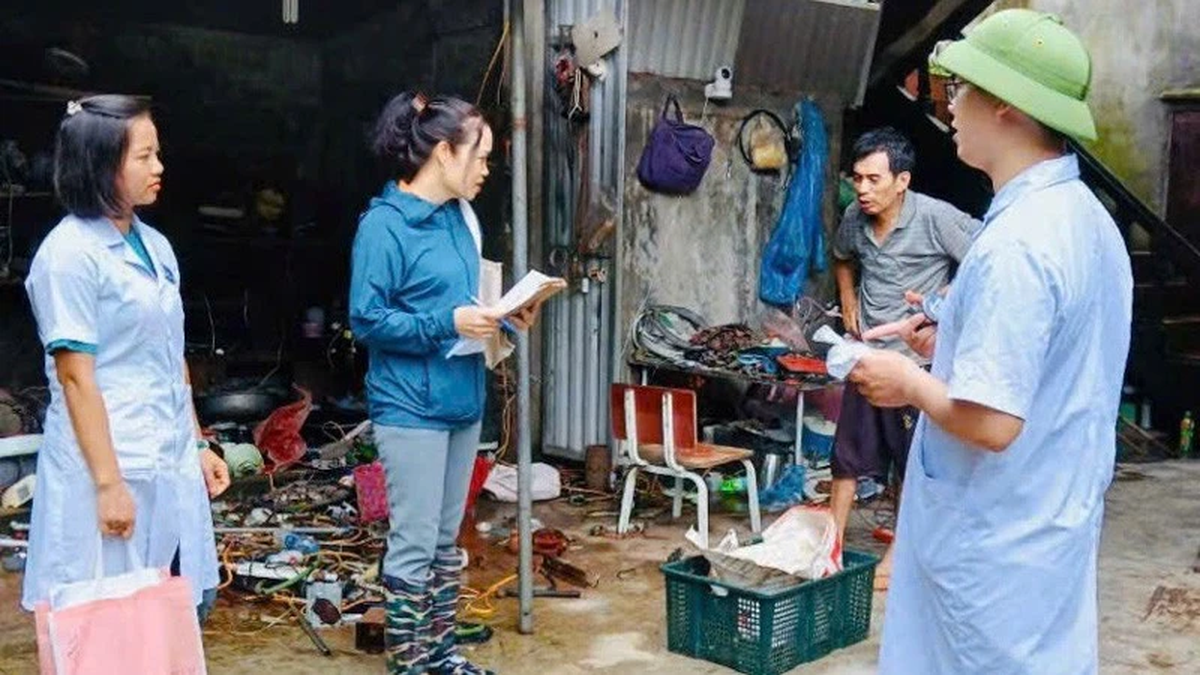


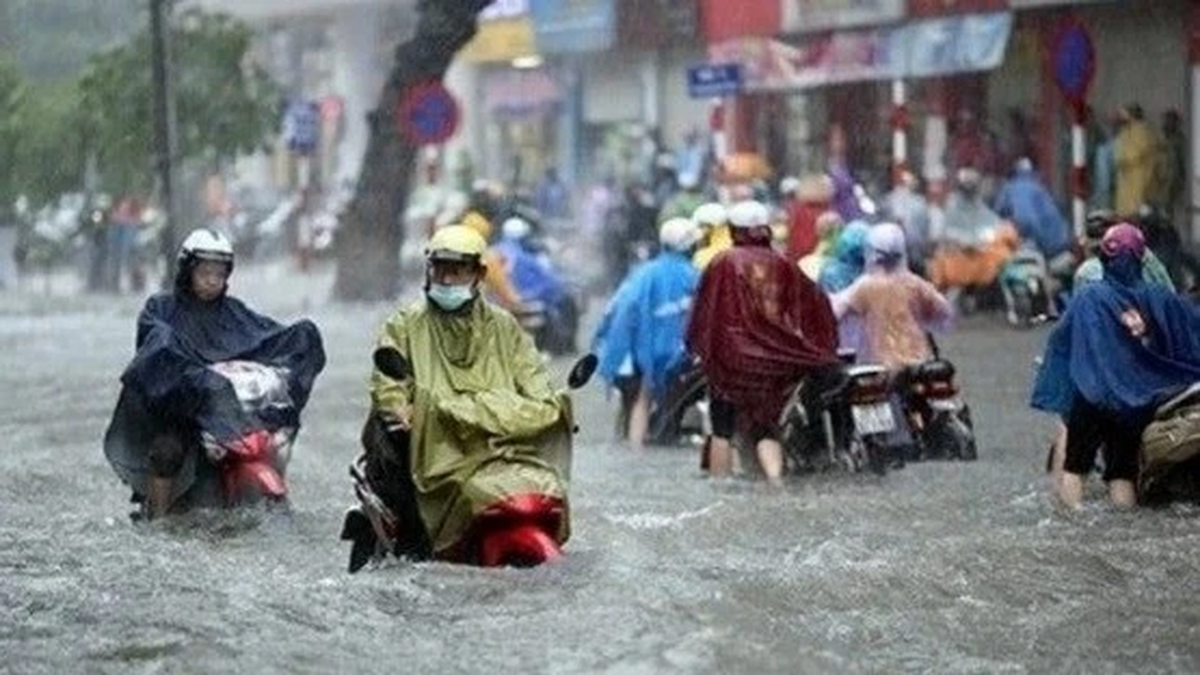



















![[Photo] National Assembly Chairman Tran Thanh Man visits Vietnamese Heroic Mother Ta Thi Tran](https://vphoto.vietnam.vn/thumb/1200x675/vietnam/resource/IMAGE/2025/7/20/765c0bd057dd44ad83ab89fe0255b783)






































































Comment (0)